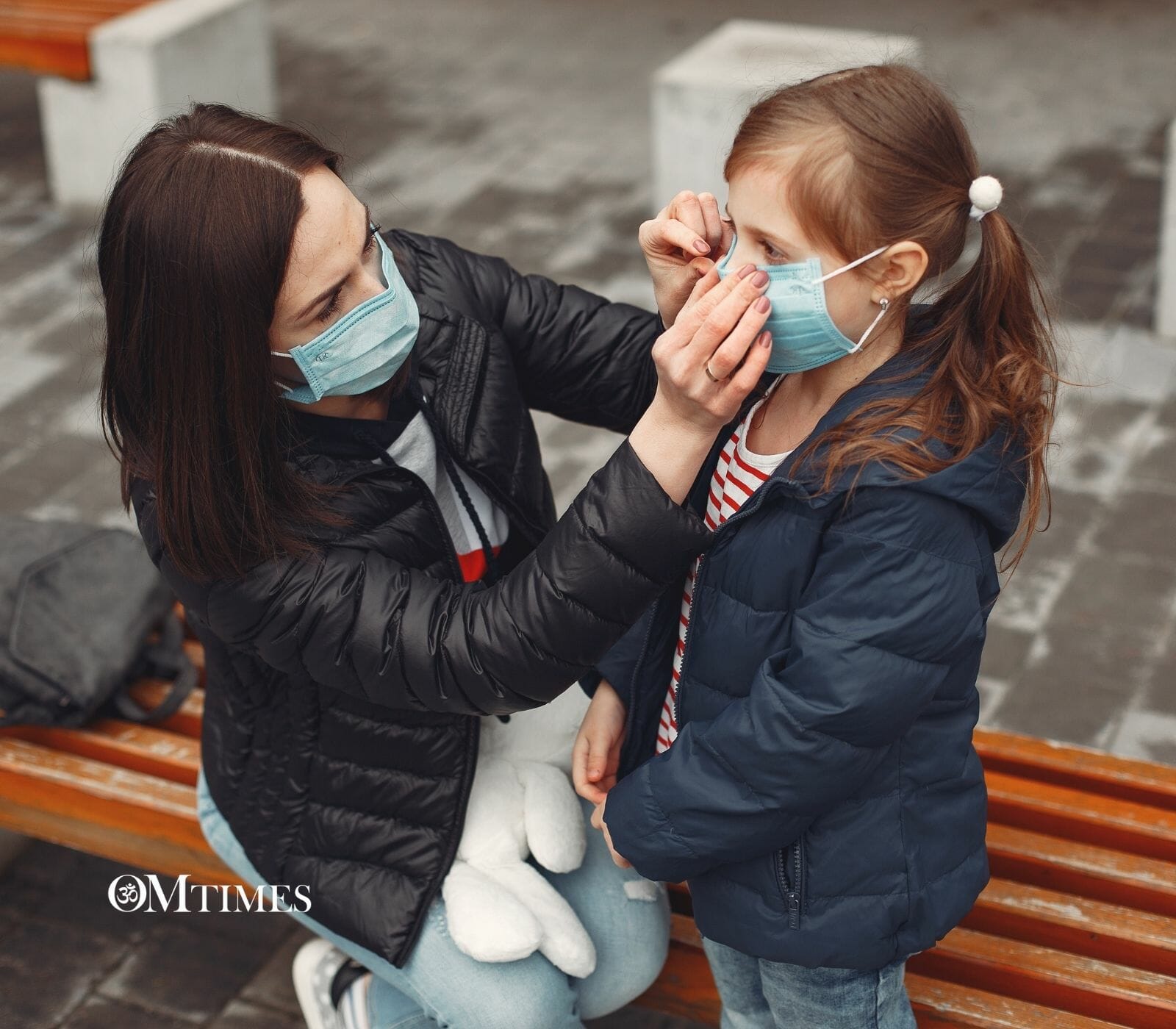Do Your Poor Lifestyle Choices Signal an Adjustment Disorder?

In fact, the symptoms of an adjustment disorder would fit in very well with the counter-intuitive self-care choices we’ve been seeing lately.
Do You Have an Adjustment Disorder?
Everyone is moving indoors
Summer is over and the cooler autumn weather has begun to set in. Here in Ontario, many of us have started to move our activities indoors. But in this time of Covid-19, the shift indoors could also mean an increased risk of infection.
If we follow the public health guidelines and practice good self-care we can minimize that risk, but if we make poor health choices we risk becoming ill or infecting the people around us. A recent study from the US Centers for Disease Control and Prevention found that people who had recently tested positive for Covid-19 were “twice as likely to have reported dining out in the 14 days before their diagnosis than those who tested negative.”
From this study, we can see that spending more time indoors could increase our risk of catching Covid-19, which is why it’s more important than ever to make the best possible health and lifestyle choices.
Not everyone is making good lifestyle choices:
Some of us are doing a good job of keeping ourselves and those around us safe and healthy. We’re making sure to wear a mask indoors, wash our hands frequently, stay 6 feet away from each other and not congregate in large groups.
We’re doing the kinds of things that would boost our immunity to the virus-like eating healthy, getting regular exercise, prioritizing a good night’s sleep, practicing mindfulness meditation, avoiding drugs, and using alcohol in moderation.
Others are making seemingly irrational health choices: refusing to wear a mask, socializing with a wide group of acquaintances, and attending huge gatherings – basically acting as though Covid-19 didn’t exist – and thereby risking their own health and the health of those with whom they live and work.
Many of these individuals are making poor lifestyle choices like eating junk food, drinking to excess, turning to drugs, and/or ignoring basic self-care practices like getting enough exercise and sleep.
All of this is concerning because if there was any time to focus on being as healthy as possible it would be right now so that we could minimize our chances of becoming seriously ill with Covid-19.
More people are turning to junk food than to health food:
A recent article in the Washington Post described an odd new pattern around grocery shopping these days. The article quotes the dean of Tufts University nutrition science school who says that “There are two different reactions to COVID — a small number who are getting health conscious and reacquainting themselves with real food, and a larger group that is going with comfort food.”
The numbers appear counter-intuitive. The larger group should be the one making healthy food choices, not the one going for comfort food. It’s frightening that in a time when protecting our health is more crucial than ever, people are doing an even worse job at making healthy lifestyle choices.
It’s obvious that these poor choices are being driven by something other than enlightened self-interest. We’d like to think that our health choices would be guided by common sense and the most up-to-date, accurate information but sadly, this is often not the case.
As we move further into fall with more time spent indoors and an increased risk of catching Covid-19, it’s important to look at why so many people are making the kinds of choices that would increase their risk of serious illness.
Illogical behavior is motivated by unconscious processes:
When our behavior defies logic and common sense and puts us in harm’s way, it’s safe to assume that it’s being driven by unconscious psychological processes.
I suspect that what might be driving the poor lifestyle choices that many are making these days could be an undiagnosed “adjustment disorder.”
The Diagnostic and Statistical Manual of Mental Disorders, fifth edition (DSM-5) defines an adjustment disorder as “the development of emotional or behavioral symptoms in response to an identifiable stressor,” with “significant impairment in social, occupational or other important areas of functioning.”
Are many people suffering from an adjustment disorder?
An adjustment disorder can be seen as a milder version of Post-traumatic Stress Disorder – a severe condition brought on by the experience of extreme, often life-threatening trauma. When the stressor isn’t acutely life-threatening but is still overwhelming – such as Covid-19 – we’re more likely to develop an adjustment disorder rather than full-blown PTSD, but the symptoms can still affect us profoundly.
In fact, the symptoms of an adjustment disorder would fit in very well with the counter-intuitive self-care choices we’ve been seeing lately.
People with adjustment disorder can be more reckless or careless. They can be apathetic and disinterested and exhibit a lot of avoidance and denial. They can be self-indulgent, self-negligent, or compulsively self-soothing. Their behavior can be illogical, irrational, and impulsive.
I suspect that most of us have been traumatized to some degree by the Covid-19 pandemic and many may have developed an adjustment disorder. Few are talking about it, however, because the affected individuals aren’t being diagnosed. They’re not seeking mental health help because they don’t realize that they have a (diagnosable and treatable) mental health condition.
It’s conceivable that thousands of people are walking around with an adjustment disorder that is adversely affecting their lifestyle choices and possibly increasing their risk of becoming seriously ill with Covid-19.
We need to be aware of our own mental health:
It’s important, therefore, that people recognize what’s going on with their own mental health. If they’re turning more to comfort food lately; if they’re drinking more than usual; if they’re not paying close attention to the public health guidelines; if their emotions are driving their choices as opposed to their common sense, then they would most likely benefit from seeking out some mental health support.
An adjustment disorder is highly treatable with counseling and possibly also with medication. When your condition is treated, your behavior will be driven more by common sense and you’re more likely to start making better lifestyle choices, which is so important now that the fall season is approaching.
Click HERE to Connect with your Daily Horoscope on OMTimes!
If you enjoyed “Do Your Poor Lifestyle Choices Signal an Adjustment Disorder?”, you will also enjoy 7 Tips to Deal with Pandemic Anxiety
About the Author
Marcia Sirota MD FRCP(C) is a board-certified psychiatrist, that does not ascribe to any one theoretical school. Rather, she has integrated her education and life experiences into a unique approach to the practice of psychotherapy. She considers herself a realist with a healthy measure of optimism. Sign up here for her free monthly wellness newsletter. Listen here to her latest podcast. mariasirotamd.com
Click here for my latest online course on How to Handle Difficult People, Once and For All.
Dr. Marcia Sirota is a Toronto-based board certified psychiatrist specializing in the treatment of trauma and addiction, as well as founder of the Ruthless Compassion Institute, whose mandate is to promote the philosophy of Ruthless Compassion and in so doing, improve the lives of people, everywhere.




